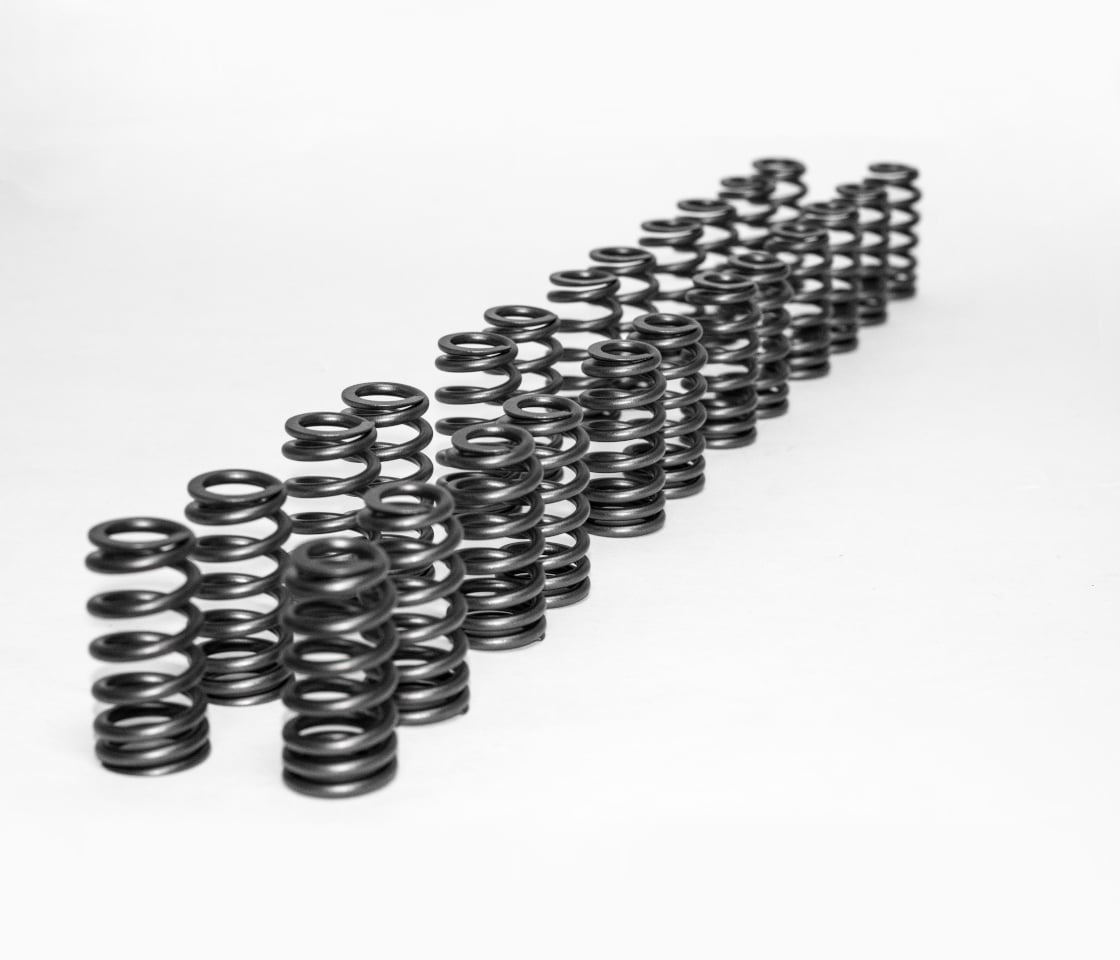
Steve Dinan has been building racing and high performance road car engines for over 40 years. We are concerned about the trend in high performance valve springs on the new S55, S58 and B58 engines. Companies are selling springs with very high spring rates that will rob power and dramatically increase valve train wear.
Theory
The goal of a valve spring pressure is to make it as low as possible. This is because compressing a spring takes energy and robs potential power. In addition, more valve spring pressure increases valve train wear. We work very hard at running just enough valve spring pressure to keep the follower in contact with the camshaft but no more. If you increase the RPM you increase the valve spring just enough to manage the inertia from the increased RPM. The valve spring also needs enough seat pressure and the correct frequency not to bounce when the valve is closed. This is to avoid leaking trapped mass (the fuel air charge).
Boosted Engine
With a boosted engine you will need a slight increase in pressure to push back against the boost pressure in the intake trying to hold the valve open. This amount of pressure added is much less than the pressure to control the inertia of the valve train.
Conclusion
If you double the boost pressure you do not need to double the spring pressure since only about 20% of the spring pressure is to control the boost pressure and 80% is to control the valve train mass. An additional 20% of valve spring pressure is all you need to run.
Warranty & Additional Information
Our engines are very strong and can often be very reliable even at power levels above what is recommended. The durability usually depends on the quality and the reliability of the tune and other aftermarket components added to the engine management system.
-
Engines with CarBahn Software Tunes
All engines listed with a stage number are designed to be road car engines and are covered for 2 years, 24,000 miles providing they have a CarBahn tune and there are no other parts on the car that have caused a premature failure. -
Engines with Another Company's Tune
All engines listed with a stage number are designed to be road car engines and are covered are covered for 1 year, 12,000 miles providing they you stay under our recommended torque limits. Torque limits are indicated on our web site. Warranty does not cover failures from the tune or aftermarket fuel injection components that caused the failure. It is CarBahn full discretion to determine cause of failure. -
Racing Engines
Racing engines are designed to be raced and are covered for materials and workmanship only. Racing engines should be rebuilt periodically based on run time or mileage. Warranty does not cover failures from the tune or aftermarket fuel injection components that caused the failure. It is CarBahn full discretion to determine cause of failure.

